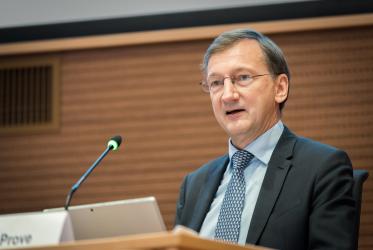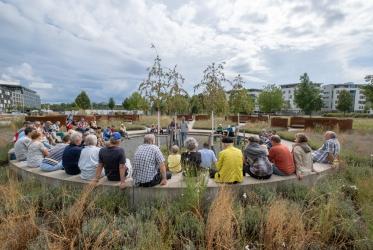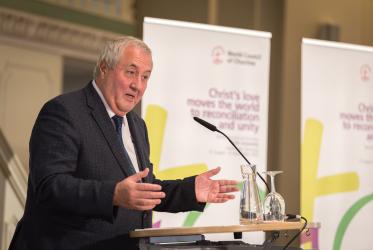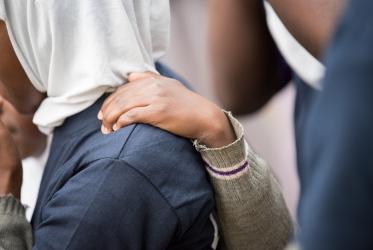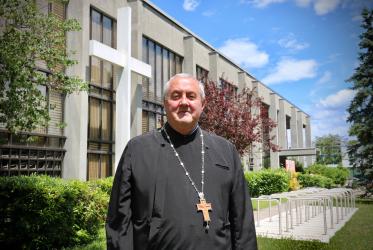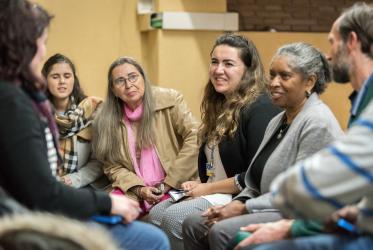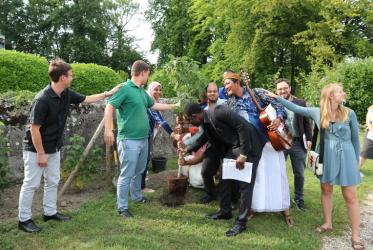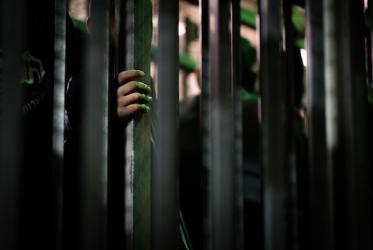Displaying 1 - 20 of 119
Workshop explores how interreligious dialogue brings trust and respect
15 September 2022
Dr Abuom reflects on women of faith as healers of creation
05 October 2021
WCC honored with Bridge Builder Award 2021
02 July 2021
Rethinking Ecological Relationships in the Anthropocene era
11 - 13 February 2021
Archbishop Anastasios receives Klaus Hemmerle 2020 Prize
19 February 2020
In Korea, young ‘stewards of hope’ forge ahead together
19 September 2019
Bossey students explore the meaning of “belonging”
22 July 2019
